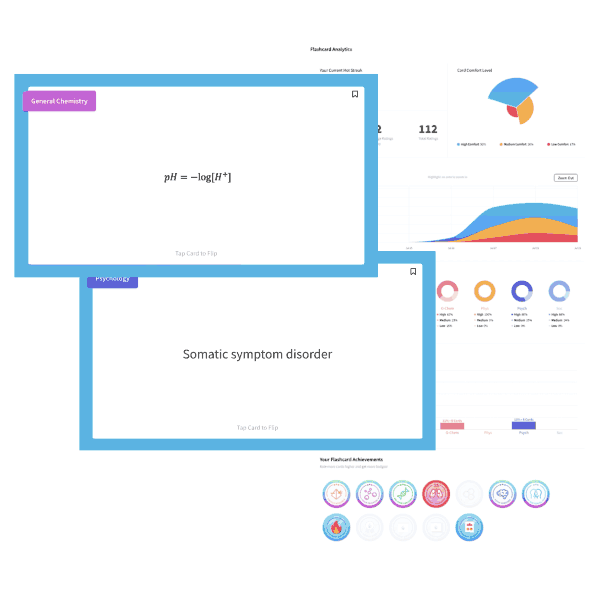A person suffering from severe dehydration and starvation would NOT be expected to have elevated plasma concentrations for which of the following hormones?
A. ADH
B. Cortisol
C. Aldosterone
D. Insulin
Click for Explanation
This question asks you to determine the body’s physiological response to the extreme conditions of dehydration and starvation. In such cases, the person would be expected to have low blood pressure and low nutrients (i.e. proteins, carbohydrates, and lipids). As a result, the body will respond by producing hormones that increase blood pressure and mobilize stored nutrients (glycogen, fat, etc.).
ADH and aldosterone both increase blood pressure so they would be expected to appear in high plasma concentrations in response to the low blood pressure, eliminating choices A and C. Cortisol would be expected in high plasma to increase carbohydrate, protein, and fat availability, making B false. That leaves answer choice D. Insulin lowers blood glucose levels, which is expected to appear in the blood after a sugary meal. In the case of starvation, the body would respond by increasing blood glucose levels via the production of glucagon.
Want more MCAT practice?
We’ve got options for every schedule and learning style!
From the best online MCAT course created by top instructors with 524+ MCAT scores to the most representative full-length practice exams and private tutoring, we can custom tailor your MCAT prep to your goals!
Not sure which option is right for you? Schedule a free MCAT consultation with an MCAT expert using the form below. No obligation, just expert advice.

